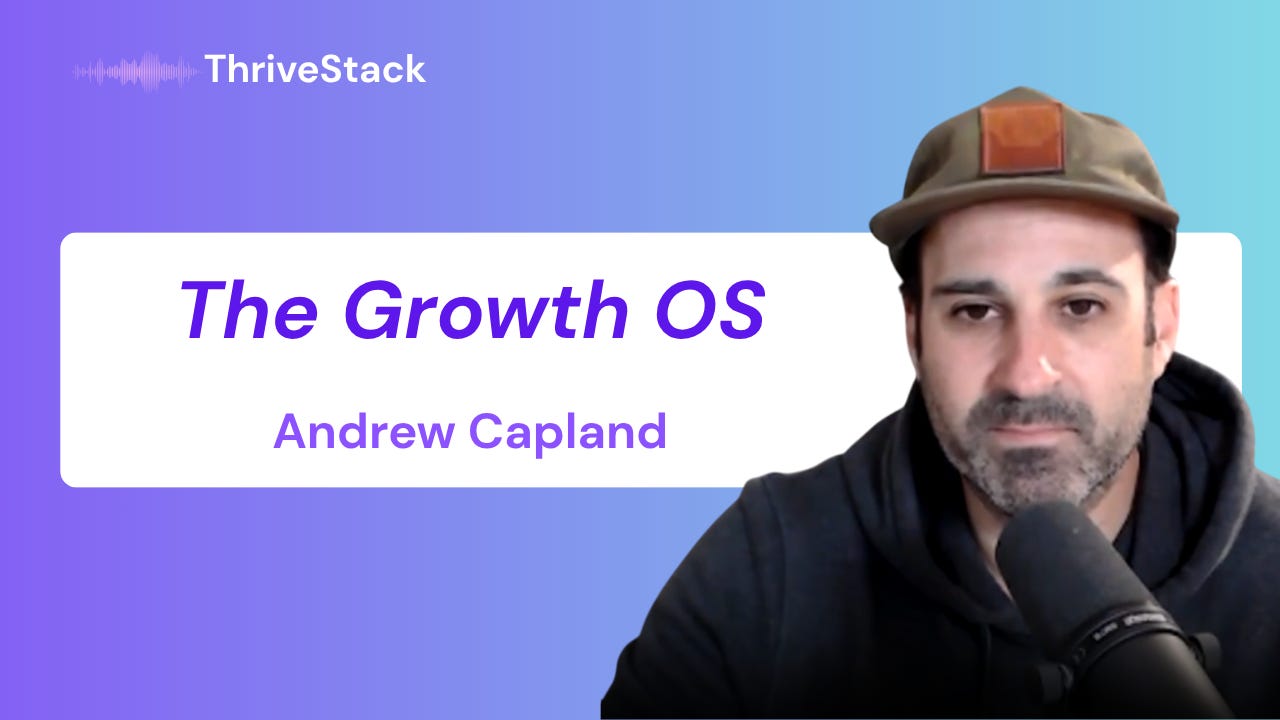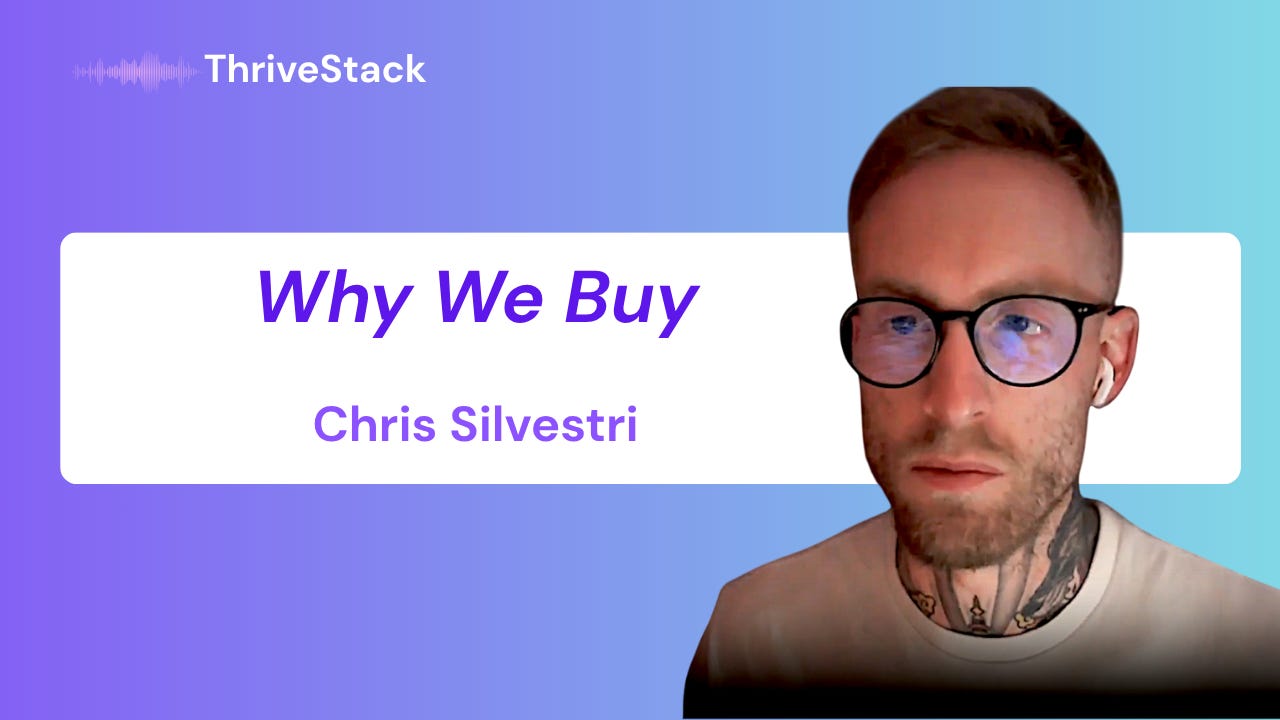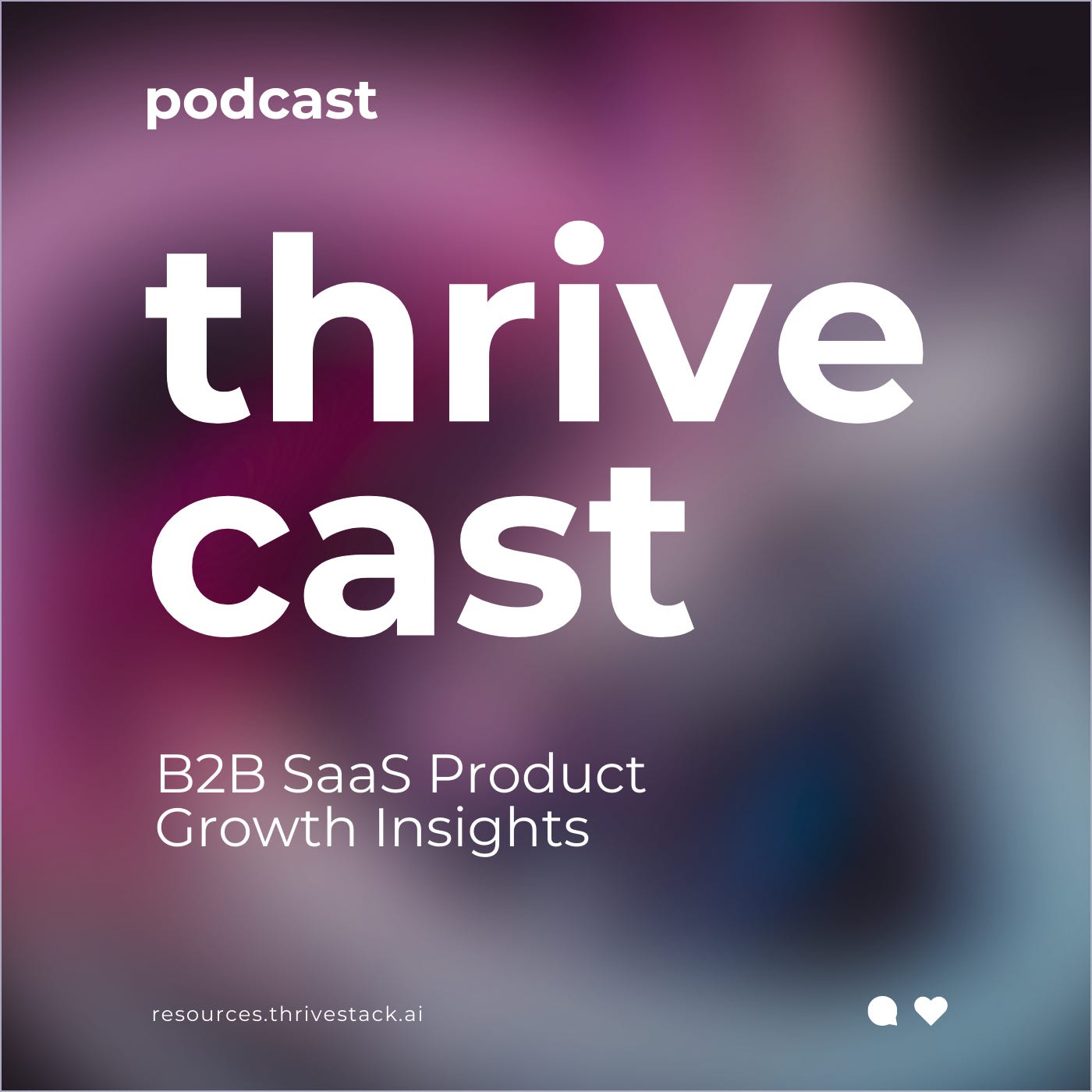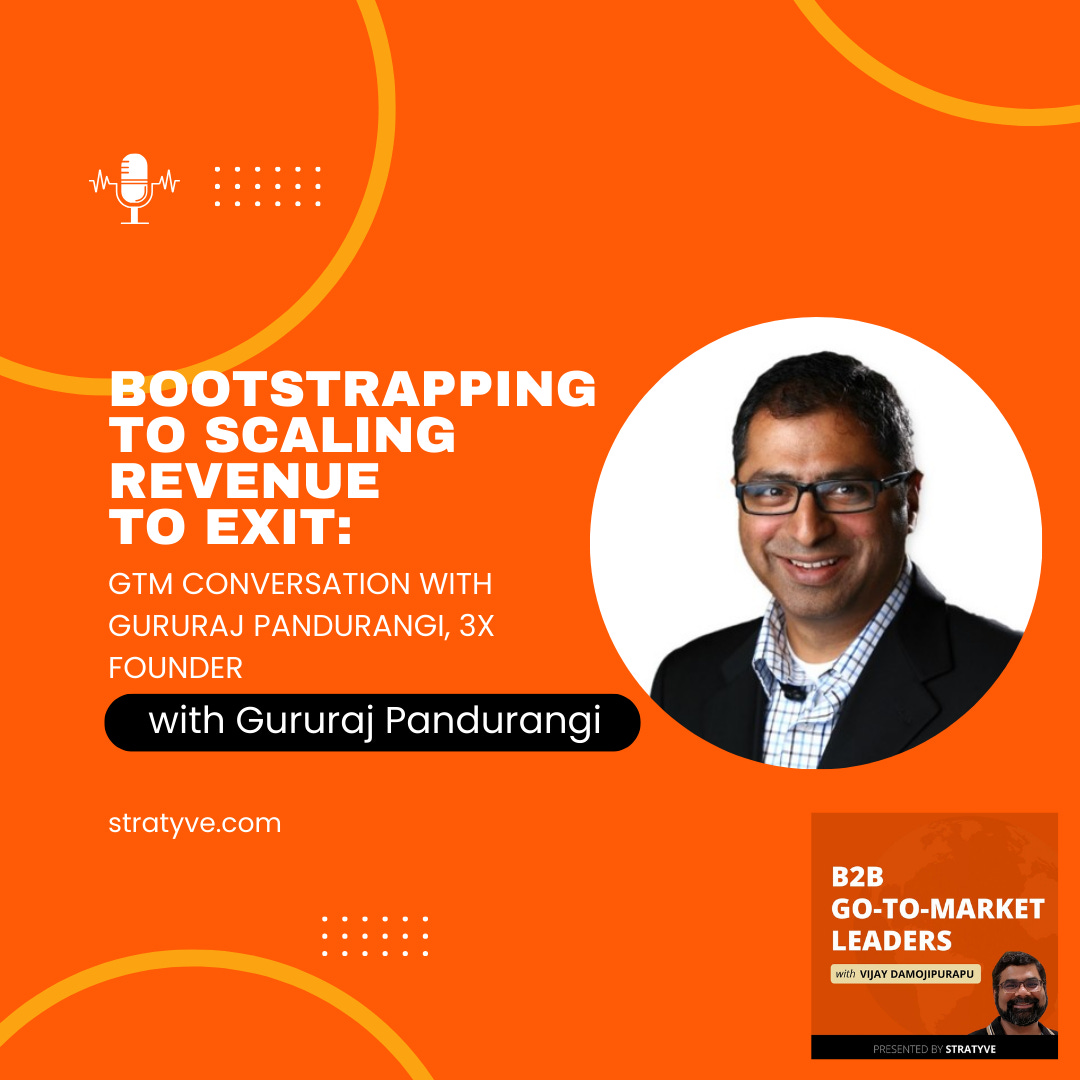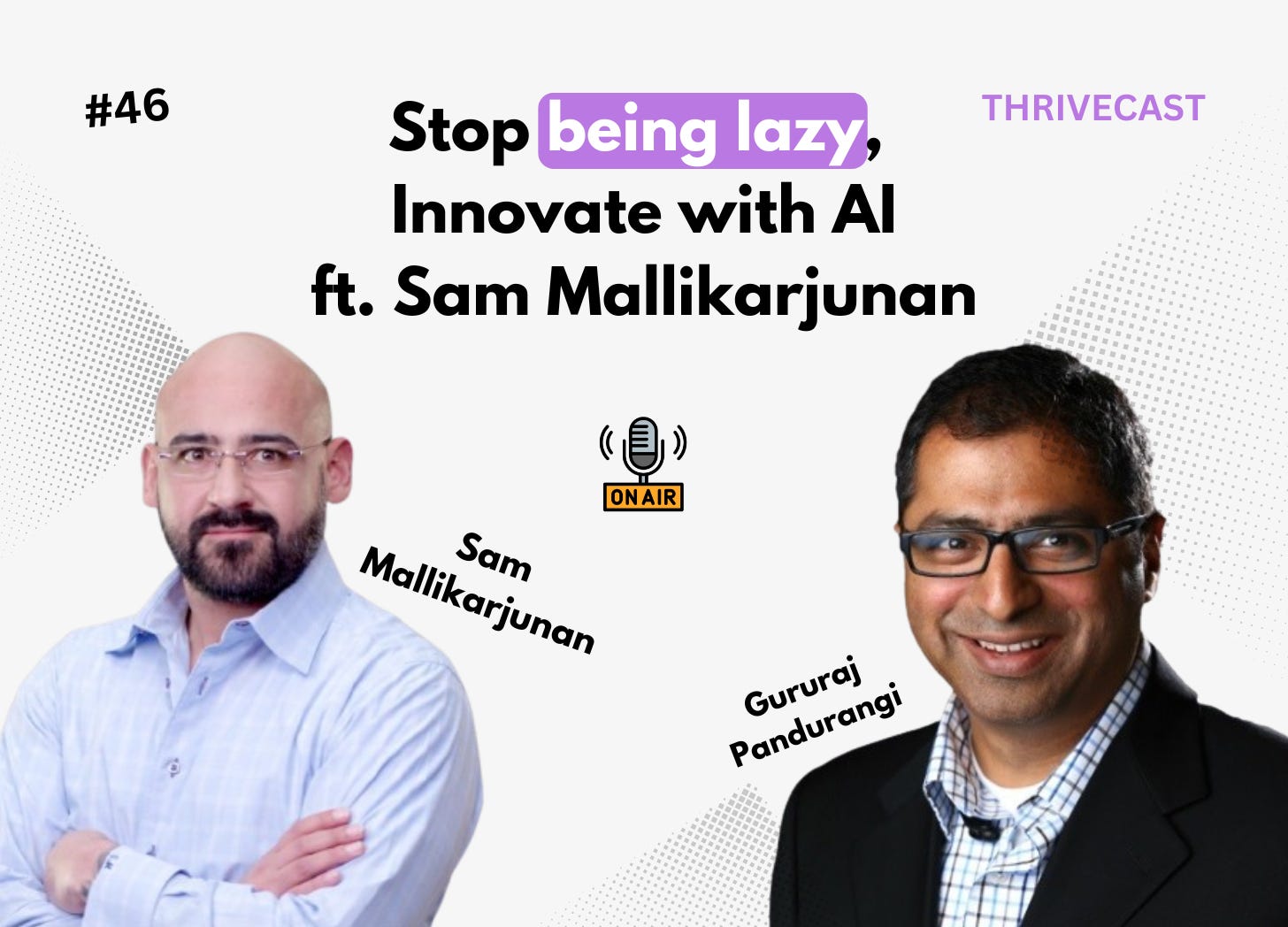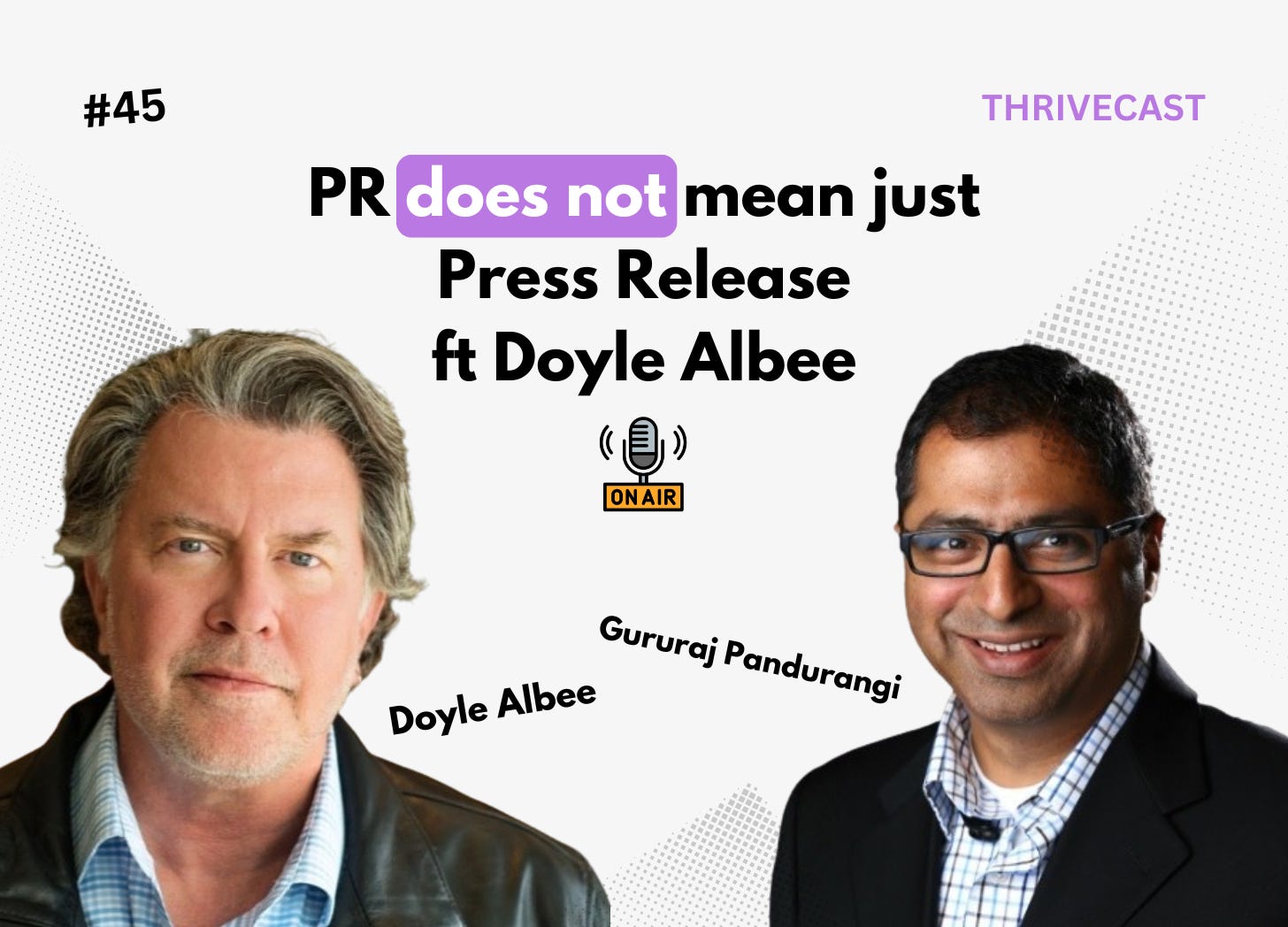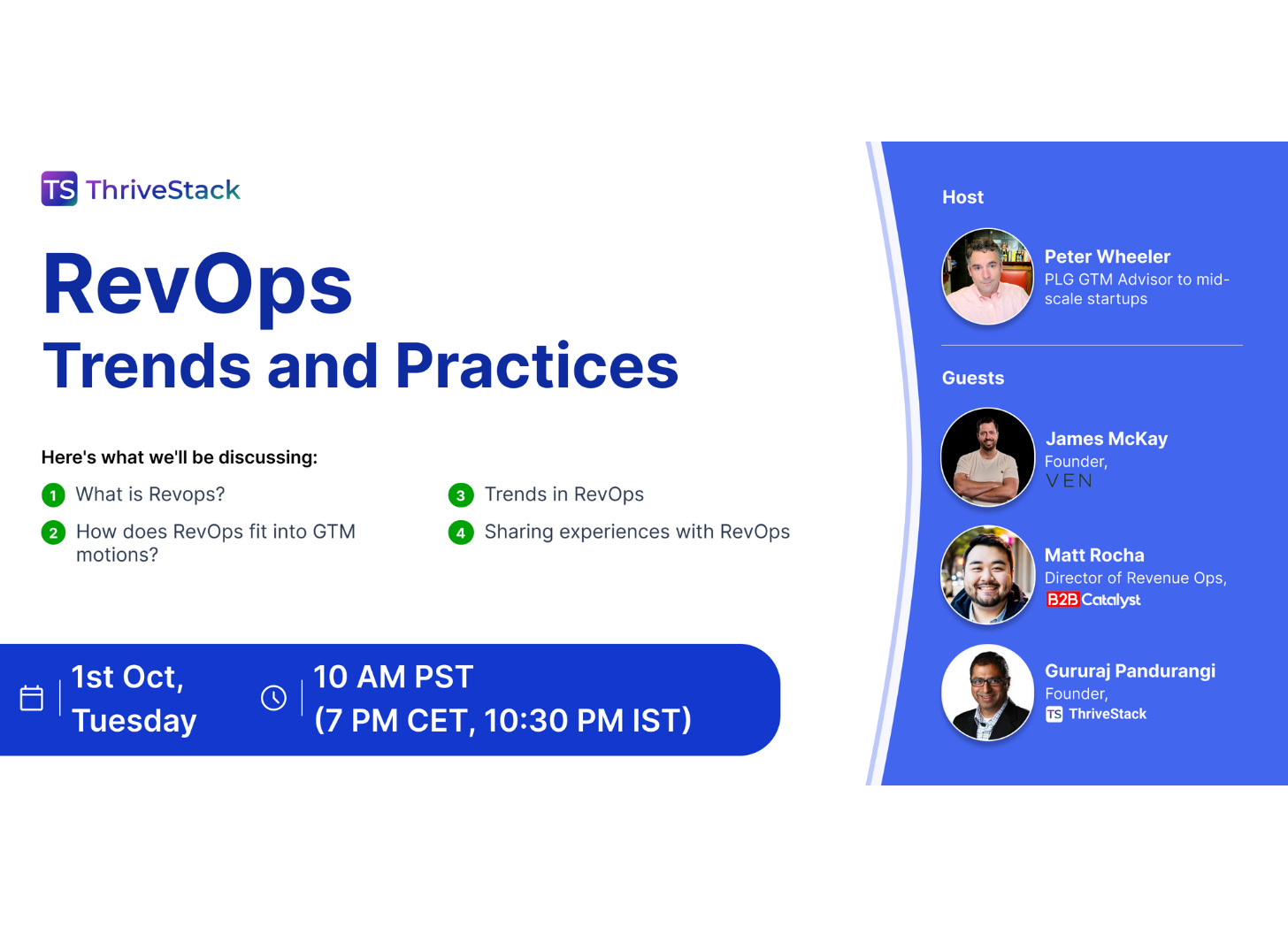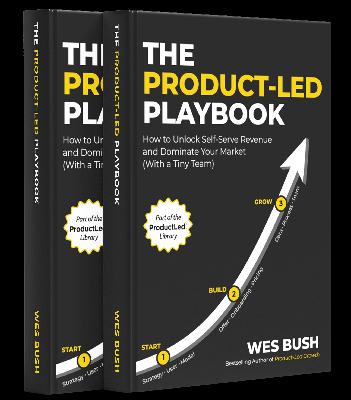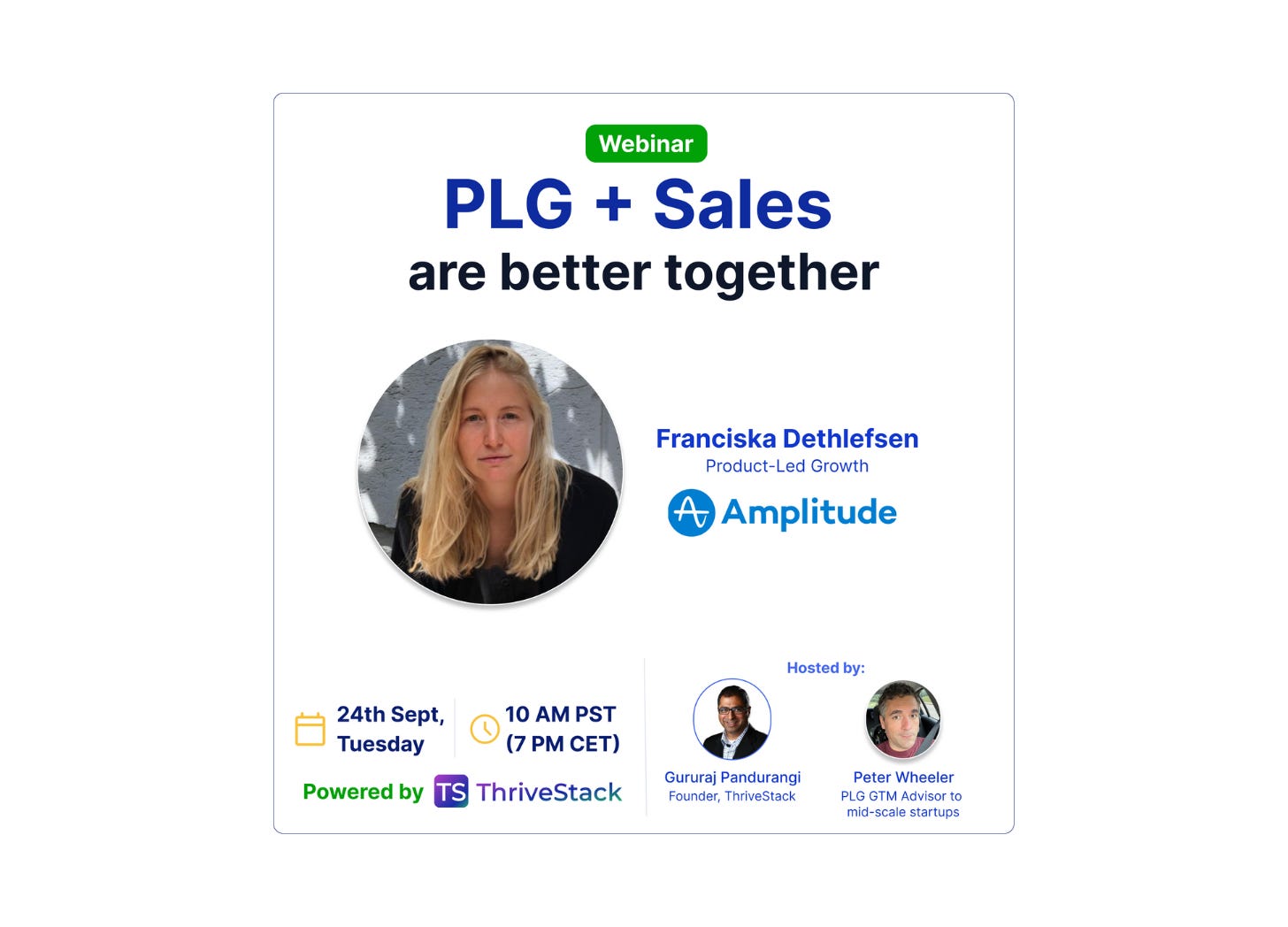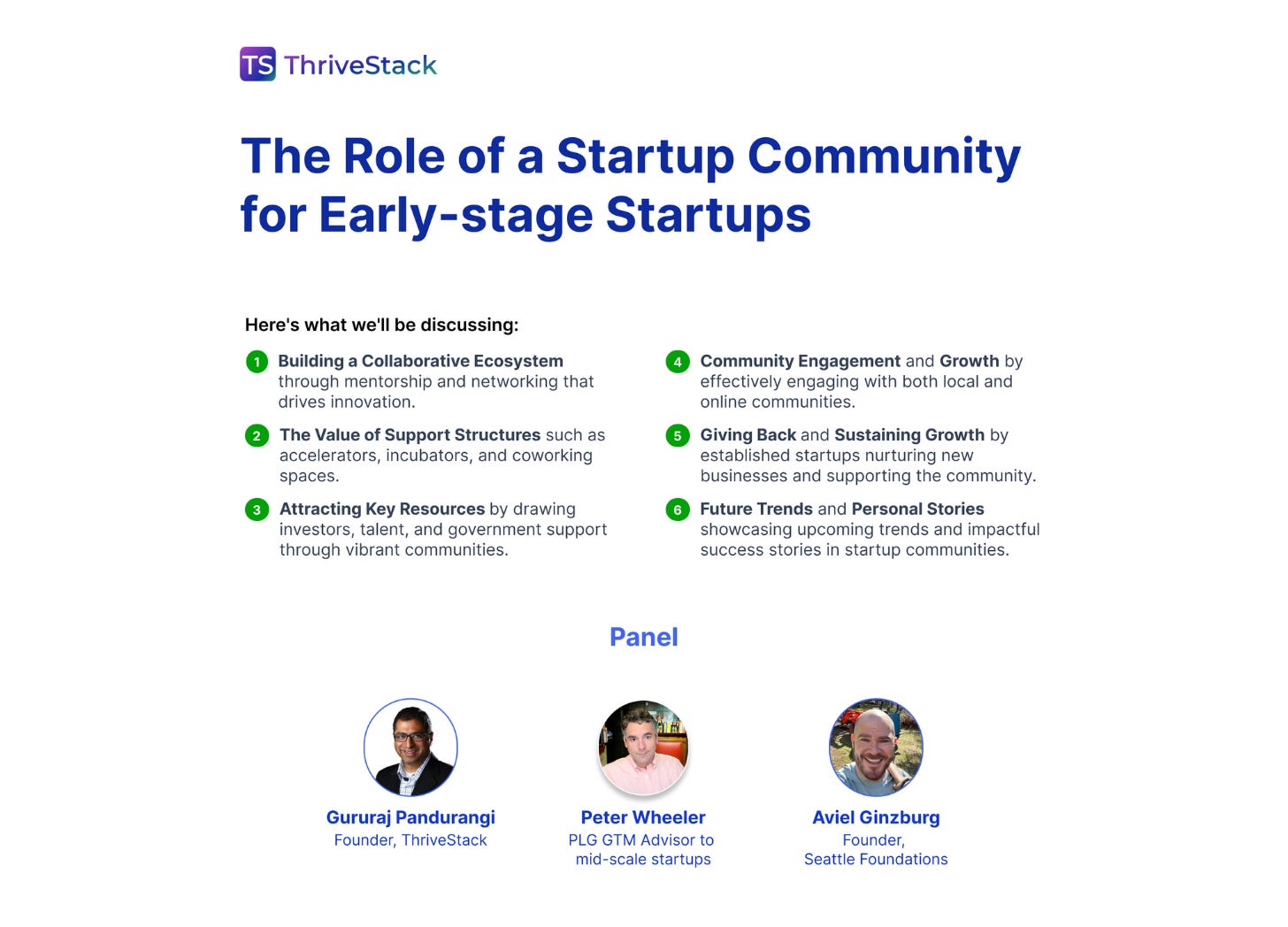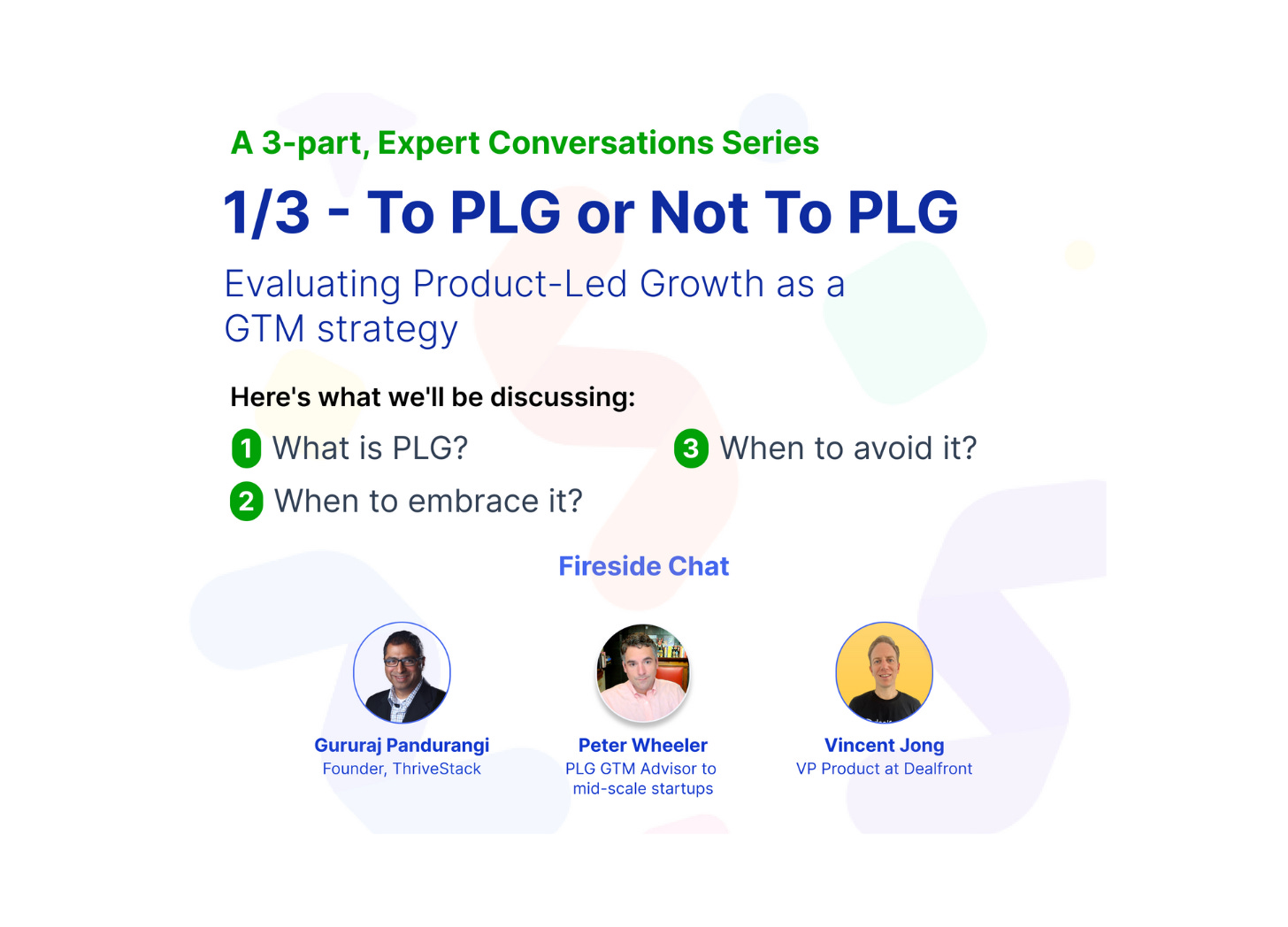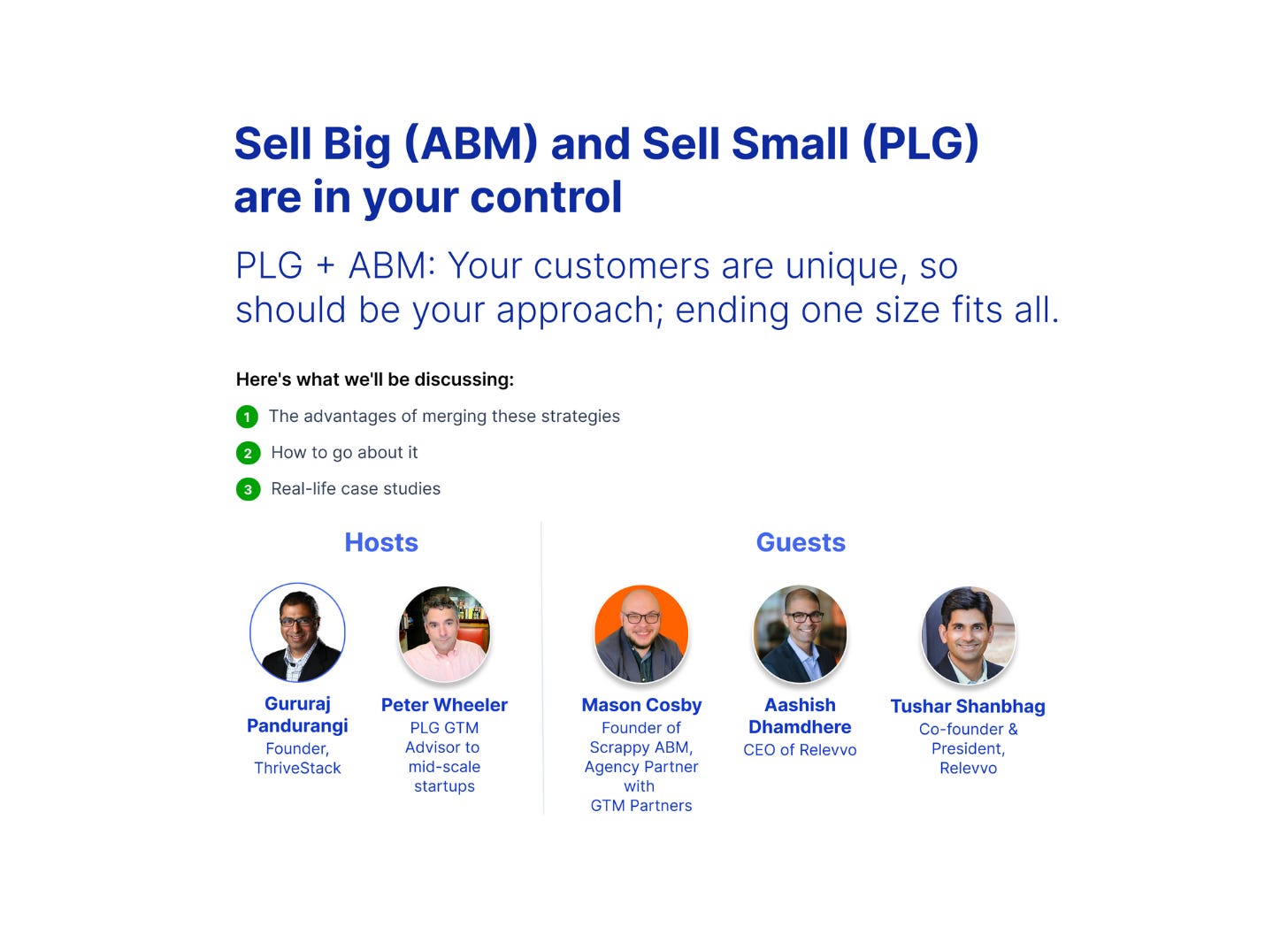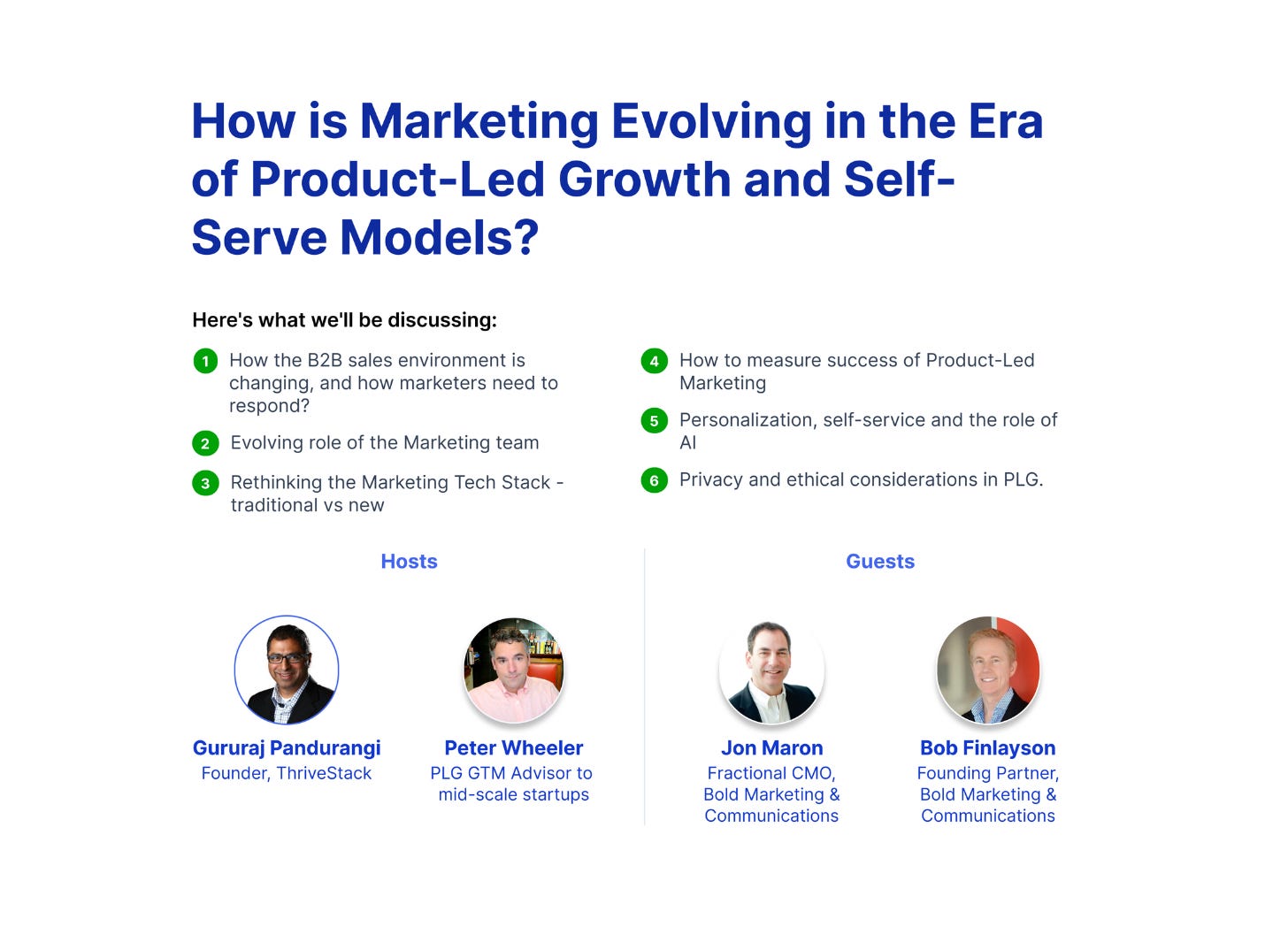#42 — 2024 B2B SaaS Growth - Marketing ideas to help startups THRIVE, ft. Neil Patel
Description
In today's episode, we're exploring the world of B2B SaaS growth for 2024. Our guest is none other than Neil Patel, the co-founder of NP Digital and a legend in the digital marketing space.
Neil brings a wealth of knowledge and practical insights that will be invaluable for early-stage startups looking to navigate the competitive landscape. Get ready for some actionable advice and strategies to help your startup thrive in the coming year.
Let's jump right in!
Listen now on Apple, Spotify, Castbox, Google and YouTube.
Current Trends in B2B SaaS Marketing
The B2B SaaS market is more competitive than ever, with numerous startups vying for attention and market share. The economy, regardless of being labeled a recession, has impacted marketing and growth, making it essential for companies to adapt their strategies. AI, while offering new tools and efficiencies, has also increased competition by lowering the barriers to entry for new startups.
Traditional marketing playbooks are no longer as effective, and startups need to innovate to stand out. Conversion rates have declined, and growth has slowed for many. The discussion emphasizes the importance of understanding the current market dynamics and adjusting strategies accordingly. By recognizing these trends and challenges, startups can better navigate the complex landscape and find new growth opportunities.
Effective Marketing Strategies
Offering free products rather than freemium models is highlighted as a key strategy. Giving away a product for free can often be more cost-effective than heavy advertising expenditure.
Key approaches include:
* Utilizing SEO and creating educational content to attract organic traffic.
* Participating in communities like Quora and Reddit to engage directly with potential customers.
* Securing reviews on platforms like G2 to build credibility and drive sign-ups.
* Testing paid ads on a small scale to identify profitable opportunities.
A multi-channel approach is essential, leveraging various platforms and methods to reach a broader audience without relying solely on traditional advertising.
Omni-Channel Marketing
Omni-channel marketing is emphasized as a critical strategy for early-stage startups. Many startups mistakenly believe that each platform requires entirely different content. However, repurposing content across multiple channels can be highly effective.
Key insights include:
* Creating content that can be adapted for different platforms like YouTube, TikTok, and Twitter.
* Understanding that something is better than nothing; even if the content isn't perfectly tailored for each platform, it’s still beneficial to have a presence.
* Recognizing the time and budget constraints of startups, and using those limitations to drive creative, efficient marketing efforts.
The discussion underscores the importance of maintaining a consistent presence across multiple platforms to maximize reach and engagement.
Partner-Led Growth
Partner-led growth is highlighted as a powerful strategy for early-stage startups. Building alliances with other companies and leveraging their customer bases can drive significant growth.
Key points include:
* Partner-led sales can often be more effective than direct sales, especially for startups with limited resources.
* Forming partnerships with larger companies or platforms can provide access to a broader audience and enhance credibility.
* Strategic alliances with companies like Microsoft, Deloitte, and others can lead to valuable opportunities and customer acquisition channels.
* Startups should focus on building relationships with potential partners and identifying mutually beneficial collaborations.
The importance of thinking beyond traditional sales and marketing approaches to include partnerships and alliances as a core growth strategy is emphasized.
Lessons from Gururaj and Neil’s Journeys
* Value of Experience: Neil emphasizes the benefits of gaining experience in the corporate world before starting a company. Working for established companies can provide crucial learning opportunities and financial stability, which can be advantageous when starting a business later on.
* Partner-Led Growth: Gururaj shares how partnerships with larger companies like Microsoft and Deloitte can drive significant growth. Leveraging these relationships can provide access to broader customer bases and enhance credibility.
* Strategic Adaptability: Both discuss the importance of being adaptable and open to changing strategies based on the business environment. This includes transitioning from partner-led to sales-led growth post-acquisition.
* Focus on Results: Neil and Gururaj stress the importance of focusing on producing tangible results rather than getting caught up in titles or external validation. Success is measured by the impact and outcomes achieved.
* Balancing Passion with Practicality: Balancing personal passion with practical business decisions is crucial. Staying passionate about the work while making pragmatic choices ensures long-term sustainability and growth.
Conclusion
* B2B SaaS Market: The market is highly competitive, requiring innovative approaches to stand out.
* Effective Marketing Strategies: Offering free products can often be more cost-effective than traditional advertising. Utilizing SEO, community participation, and securing reviews are essential.
* Omni-Channel Marketing: Repurposing content across multiple platforms helps maximize reach and engagement.
* Partner-Led Growth: Strategic partnerships can drive significant growth and customer acquisition.
* Insights from Gururaj and Neil: Valuable lessons include the importance of gaining experience, focusing on results, being adaptable, and balancing passion with practicality.
By adapting to current trends and leveraging these strategies, startups can better position themselves for growth and success in 2024. Remember to stay agile, innovative, and focused on the right opportunities.
Key Timestamps
(00:00 ) Introduction to the episode and guest
(01:21 ) Overview of the B2B SaaS market and its competitive nature
(03:20 ) Impact of the economy and AI on marketing strategies
(06:12 ) Challenges with traditional marketing playbooks and current conversion rates
(10:45 ) Effective marketing strategies for early-stage startups
(15:50 ) Importance of free products vs. freemium models
(18:30 ) Multi-channel marketing and repurposing content
(22:05 ) Partner-led growth and strategic alliances
(24:50 ) Lessons from Gururaj and Neil’s journeys
(26:00 ) Conclusion and key takeaways
Where to Find the Guest:
LinkedIn: Neil Patel
Where to Find the Host:
LinkedIn: Gururaj Pandurangi
This is a public episode. If you would like to discuss this with other subscribers or get access to bonus episodes, visit www.hybridgtm.com


